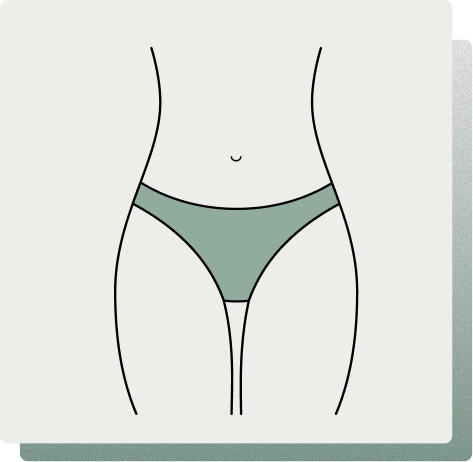Menopause is a time when your ovaries stop producing estrogen and your female hormones are completely depleted. Once you stop having your period for one year you are officially in menopause. The average age a woman enters menopause is 51yr but menopausal symptoms can start in your 40years as hormonal fluctuations begin. During this time there are hormonal, physical and psychological changes happening that are completely disruptive to your life that often need swift medical intervention.

